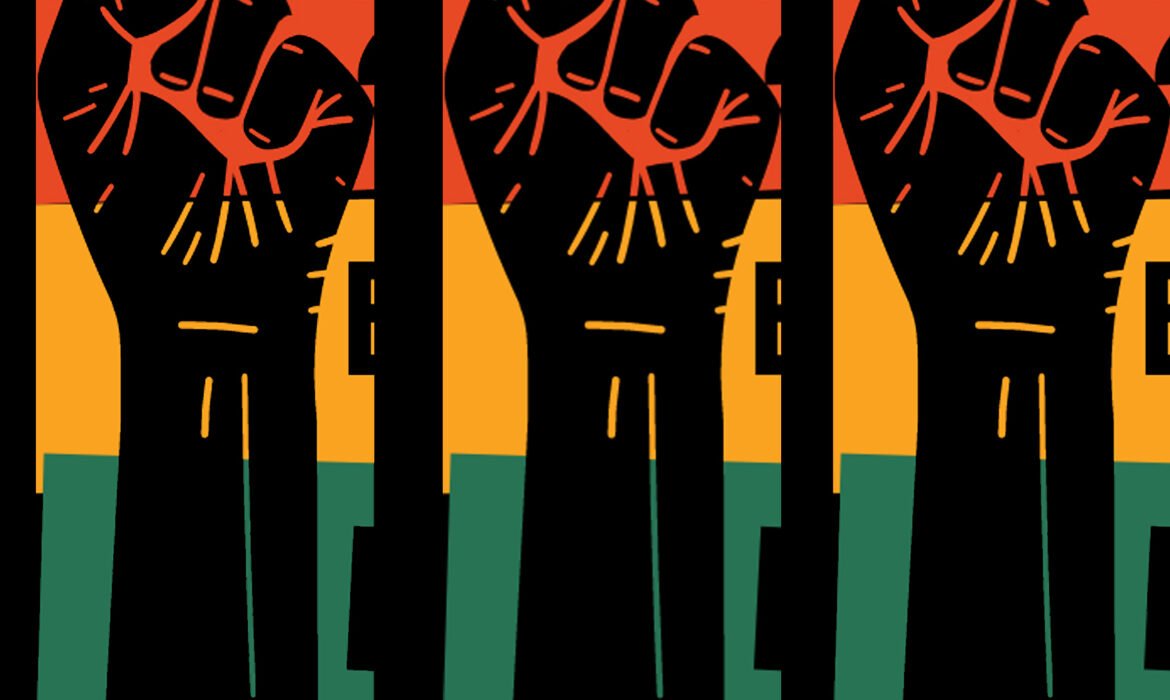 Now that February has come to a close, the celebration and acknowledgments of Black History will also go with it.
Now that February has come to a close, the celebration and acknowledgments of Black History will also go with it.
Signaling the bitter-sweet nature of the month that some may not be aware of. Is Black History Month really down for the cause, or is it just an outdated celebration that has run its course?
Black pride is nothing new, of course. Feelings of dignity in Black societies worldwide is part of our history.
Celebrating culture going back as old as civilization itself in the heart of the Rift Valley in the Horn of Africa, to Black influence birthed out of the Americas.
A celebration of greatness will always be welcomed, especially when it comes to cherishing one’s origins. The question shouldn’t be why Black pride needs to reform, but rather why Black History month needs to progress.
The roots of Black History Month go back generations. Starting in 1926, Negro History Week was initiated by Carter G. Woodson and the Association for the Study of Negro Life and History.
Hailed to commence during former president Abraham Lincoln’s week of birth in February as a tribute for his signing of the Emancipation Proclamation in 1865 and signaling the official end of slavery in the U.S (though Texas continued the practice till 1867), the week was celebrated annually with significant pushback by several states.
Nonetheless, Negro History Week helped commemorate the culture and advancements of Black Americans, especially to the youth who essentially had no other way of educating themselves on the topic.
The proposition to change the celebration from aweek to a month was first invoked by scholars of the Black United Students of Kent State University in 1969.
The movement took momentum in the following years. February was officially recognized as Black History month in 1976 after Gerald Ford signed off on the celebration.
It must be said that for this time period, the recognition given to Black people was a step in the right direction, a sign of a better things to come. The U.K adopted Black History Month in 1987, Germany in 1990, and Canada in 1995.
To say this yearly celebration is wrong would be harsh and reductionist. The movement started with hopes of education and commemoration of Black pride.
When segregation was still alive and well, Negro History Week and later Black History Month helped because there was virtually nothing else to cherish Black Americans at the time. The tradition up to that point did its job, pushing the boundaries of closemindedness and ignorance, ushering a new age of thinking.
However, in the last 30-40 years, it’s as though BHM is used as a cop-out for institutions to address Black communities without fully embracing the role Black people played in the Americas and the West for centuries.
For starters, the fact that February, the shortest month of the year, is dedicated to Black history seems rather suspicious.
It is understandable that historically the tradition was held in February because it was only a week. No matter how you slice it, a week is seven days. Second, the term Black history, in this writer’s opinion, is dismissive.
It’s similar to how one would describe a stepmother or brother-in-law. In other words, Black in Black history serves as a prefix almost to say, “Black history is a secondary version/type of history,” much like how a stepmother is not your real mother.
Black history is history
period!
It also seems as though the curriculum to teach about Black history is relegated to the same half-dozen figures, MLK, Rosa Parks, Mandela, George Washington Carver, Harriet Tubman, and maybe Muhammad Ali (or Obama in recent years).
Seldom does a history class discuss Malcolm X, Marcus Garvey, Nat Turner, Frederick Douglas, or The Black Panther Party. Whether it be because there is no enforcement to encapsulate more figures or because the time loaned to Black history is too short, the effort put into teaching a detailed description of history is phoned-in, to say the least.
A school week usually dedicates three hours for history. February has 28 days, an approximation for the time given to the so-called “Black history” is roughly 12-13 hours.
A baker’s dozens of hours a year (at best) for history that spans for millenniums. It goes beyond famous Black idols of the 19th and 20th centuries. It should include African and Caribbean culture, traditions and advancements.
Progress in all corners of the world is relevant and shouldn’t be dismissed. There is no White History Month, it’s just call history, and it’s taught thoroughly.
The most distasteful aspect of BHM is the overtly opportunistic attitude business have towards February. It’s the only time corporations and institutions acknowledge Black people. This shows an awfully bad conscience on the part of these enterprises that take part in the cheapening of Black culture, all for the benefit of moral posturing and a fat paycheck.
The same could be said for Gay Pride or Women’s History Month.
Each year companies get caught being down for the underdog only in markets where it’s accepted, supporting these causes as they shy away from doing so elsewhere.
Frankly, it would be better to simply not align yourself if this is the mentality to treasuring Black History Month.
To go beyond this is a must for Black people globally.
Enforce and advocate for changes in education, continue to celebrate our heritage, educate the youth of all color, and petition for these businesses to either back the movement all the way or stop this two-faced charade.
Because being down for the cause shouldn’t be about complacency but about
integrity.
If the wave for Black power is really all that, then
perhaps moving forward from February is the best course of action in seeking the betterment of Black
societies.
The Future of February












